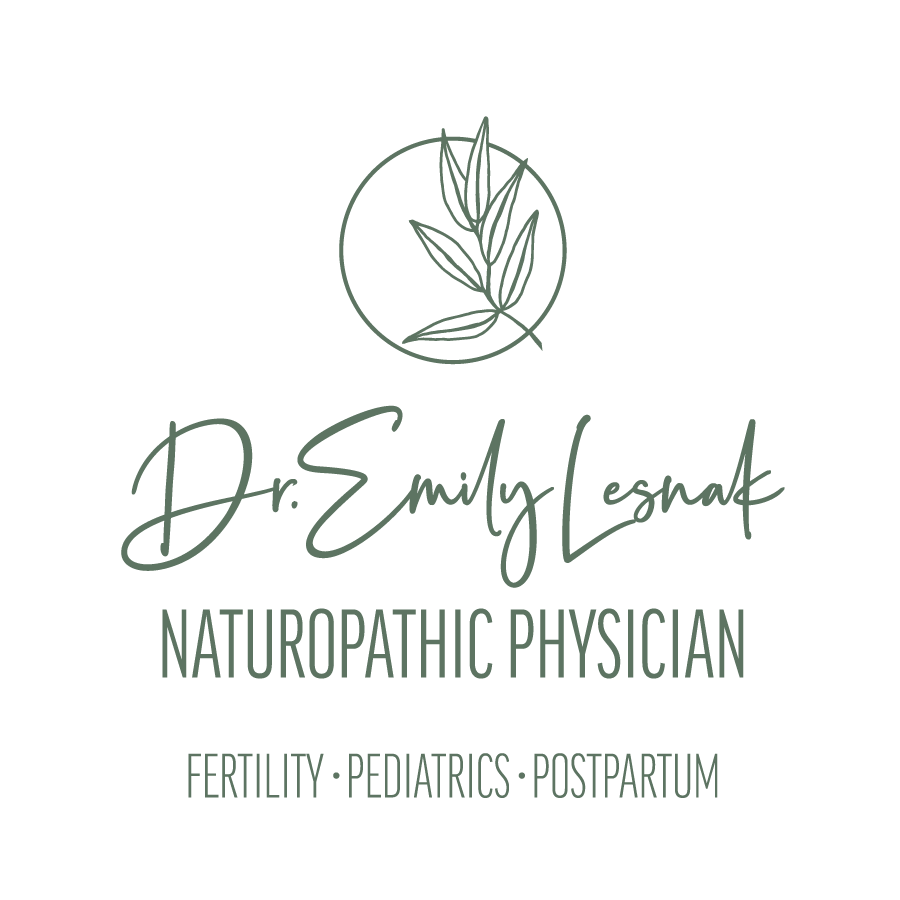If you are on my e-mail list you have already met the newest addition to our family, Jack! He is 6 months old and loving eat solids (check out my starting solids course here), playing with his brother’s toys, and watching the kitties. Here I share some of my favorite tried and true tips for making it through those first three months postpartum. These tips are a little more lifestyle based, future blog posts will cover other natural recommendations for healing in the postpartum period.
Meal train
Have a friend or family member set up a meal train. This is super easy to do - you just need to collect e-mail addresses and share them with the person in charge of organizing your meal train. This website is free and easy to use. I would recommend encouraging people to bring you warm foods, like soups, stews, curries, etc… These types of foods are nourishing in those first few months postpartum and beyond. No meal train is too small! Never underestimate the benefit of getting a meal delivered - I know the meals that we had delivered seemed to come at just the right time.
Fancy jammies
Get yourself some special jammies or loungewear. You are likely just going to be switching from day jammies to night jammies for at least the first two months, so have something that you enjoy wearing and makes you feel special. If you plan on nursing or pumping make sure that the tops are easy access - buttons are ok, but snaps are even easier. I really enjoyed this nightgown for the snaps!
Tea instead of coffee
Switch from coffee to a cup of nourishing tea for at least the first month postpartum. I live in Seattle, so coffee is basically life here. I was surprised to notice that a cup of mineral rich tea gave me a similar energy boost! Caffeine can be stimulating and anxiety producing and this is not helpful in the postpartum period. I really loved the Nutritive Tea that we sell at Neighborhood Naturopathic. It contains nettles, red raspberry leaf, spearmint, lemon balm, dandelion leaf, oat straw, alfalfa, and ginger.
Netflix
Find yourself a guilty pleasure to watch at 2AM when you are up with baby. Babies take at least 6 weeks to find their circadian rhythm and produce melatonin, so it is normal for them to be awake for hours in the middle of the night and sleep for hours during the day. Expect this to happen. And having something fun to watch makes those middle of the night parties fun! I really liked Workin’ Mom’s because the episodes were short and funny, but find something that provides you with some entertainment!
Stretching
This is oh so important and easy to skip. Carrying and feeding a baby can cause some significant strain to your neck and upper back muscles, so make it a habit to do 5-10 minutes of stretching those muscles on a daily basis. Doing some gentle neck circles, doorway stretch (google it!), and cat/cow daily can help to prevent muscle strain.
These simple tips can go a long way in making your postpartum experience an enjoyable one!






